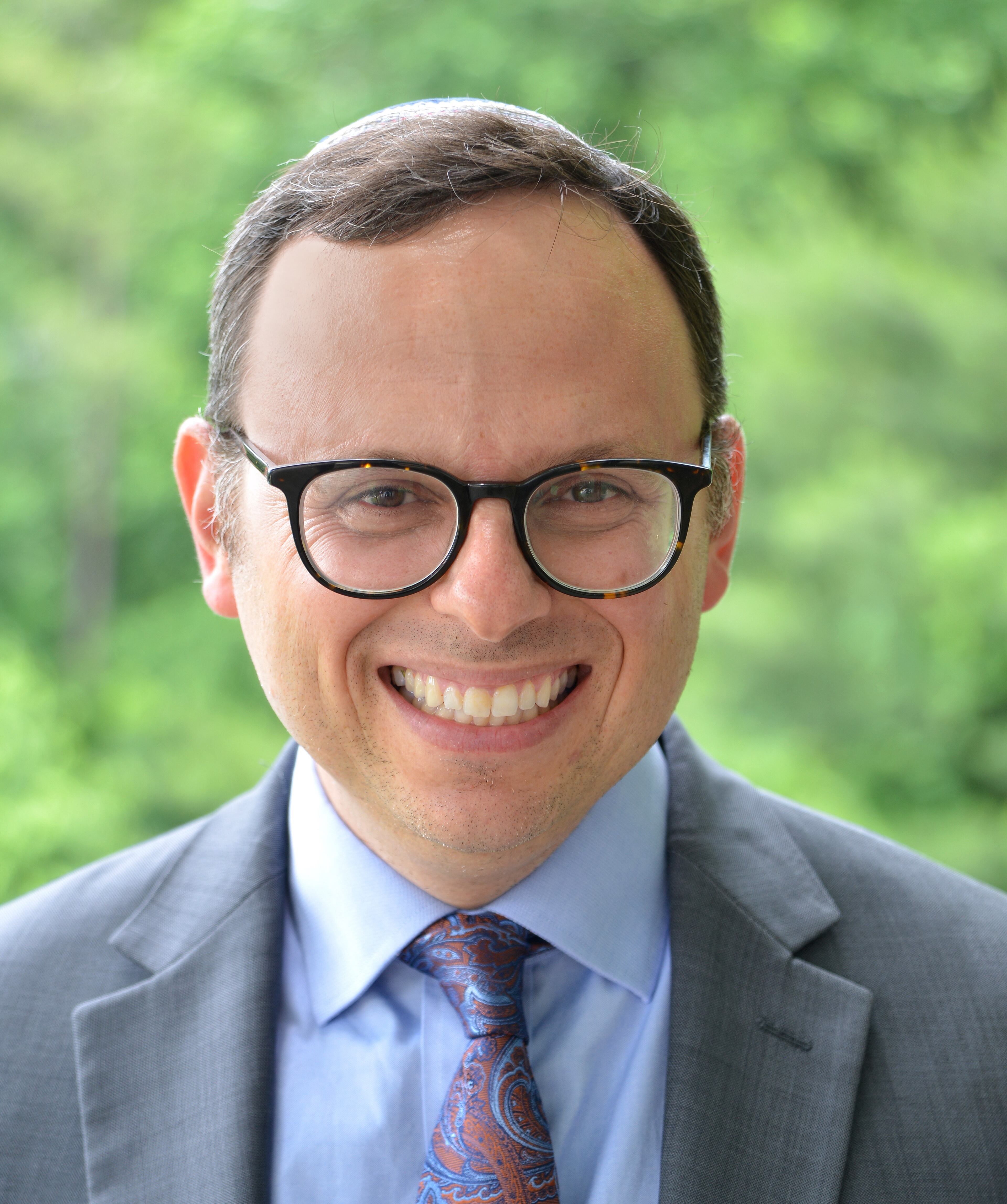Atlantans must speak out for the unconditional release of Israeli hostages

Right here in Atlanta, 67 years ago, a rabbi spoke out against racial segregation, standing with the Black community and speaking up for the Civil Rights movement. Rabbi Jacob M. Rothschild stood shoulder-to-shoulder with the Rev. Martin Luther King Jr. and helped craft what became known as the Ministers’ Manifesto, a document endorsed by 80 white ministers denouncing racial segregation.
Rothschild’s actions did not come without consequences. The following year, on an autumn evening, 50 sticks of dynamite blasted through Rothschild’s synagogue, the Temple. It was an act of domestic terrorism and a terrifying moment for the Jewish community.
Our city’s response was noteworthy. Atlanta’s leaders acted quickly, with Mayor William Hartsfield appearing on television, speaking in front of what remained of a Temple wall, expressing solidarity and vowing to fully investigate the crime and prosecute the perpetrators.
That swift reaction is missing today as the Jewish community faces the largest and most horrific attack on the Jewish people since the Holocaust. It has been more than six months since Hamas massacred approximately 1,200 people in Israel. Hamas kidnapped approximately 253 Israelis and foreigners, 133 of whom are still being held. For almost 200 days, these individuals have been held hostage with no contact with family or humanitarian organizations.
For more than six months, these hostages have suffered unspeakable horrors — elderly women dragged from their houses overnight, innocent people raped, hidden underground and starved. Their families, living a waking nightmare, mark Jewish holidays —Simchat Torah, then Hanukkah, then Purim — uncertain whether they’ll ever see their loved ones again. We are preparing for Passover and are heartbroken for these families whose Seder tables will have empty chairs.
Holding human beings in brutal captivity is an affront to human decency. This is unquestionably a violation of human rights. And yet, when the Jewish community needs the support of our neighbors, the silence is deafening.
As rabbis in the Reform Jewish community and Orthodox Jewish community, we lead different denominations of Judaism, but we are all part of the Jewish family, united in our call. In January, we traveled to Israel with a diverse group of 22 Jewish professionals from Atlanta. We heard from the grandparents of Bar Kupershtein, a 21-year-old Nova Festival staff member and paramedic, who cared for the wounded until he was taken hostage. His grandfather is a Holocaust survivor and called Oct. 7 the “second Holocaust.” He does not know if his grandson will come home.
We returned to Atlanta with a sense of mission for the immediate release of every single hostage. Antisemitism is at a degree we haven’t seen before. Jewish centers have been vandalized, college campuses are facing toxic levels of Jew-hatred, and synagogues have had to hire staggering amounts of security just to carry on regular worship and programming.
But we are not hiding.


Our ancestors taught that synagogues must have windows to remind us that our prayers should not be isolated from the world outside. Being a Jew means we care for our own, but we are also responsible for caring for all of humanity. Our prayers must translate into action beyond the synagogue walls.
Since Rothschild’s dedication to the Civil Rights movement, our congregations have taken action against injustice and human suffering. After the 2020 murder of George Floyd, Congregation Ohr HaTorah held a public rally, and the Temple has led a national movement to end mass incarceration.
Now, as our community suffers, who is standing up for us?
Our message could not be more critical as we approach Passover, a holiday that recalls the freedom of our people who were redeemed from slavery and persecution. The message of Moses to Pharaoh, “Let my people go,” resonates deeply with us when we think of the hostages being held in Gaza. When it would have been safer to stay silent, Rothschild stood up because he saw bigotry and hatred as atrocities. He knew that faith leaders had a moral obligation to stand up against injustice.
There’s a sense that the hostage situation is complex and political, that people don’t want to make waves by speaking out. But this is basic human morality and decency. As humans, we know that it’s wrong to hold innocent people against their will and as bargaining chips. Our hearts go out to the innocent individuals suffering in Gaza whom Hamas is using as human shields.
It is time for the people of Atlanta to unequivocally condemn kidnapping and call for the unconditional release of the hostages. We need the support of our colleagues, faith leaders, political leaders — our city. Right now, we feel very alone. As Martin Luther King Jr. said, “In the end, we will remember not the words of our enemies, but the silence of our friends.”
We have stood with you. Please stand with us and help us bring the hostages home for Passover.
Peter S. Berg is senior rabbi at the Temple. Adam Starr is the rabbi and spiritual leader at Ohr HaTorah.


